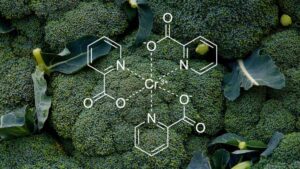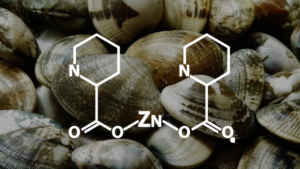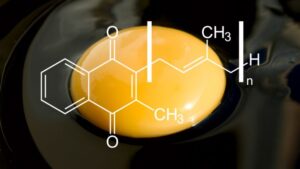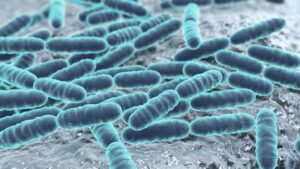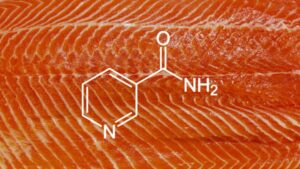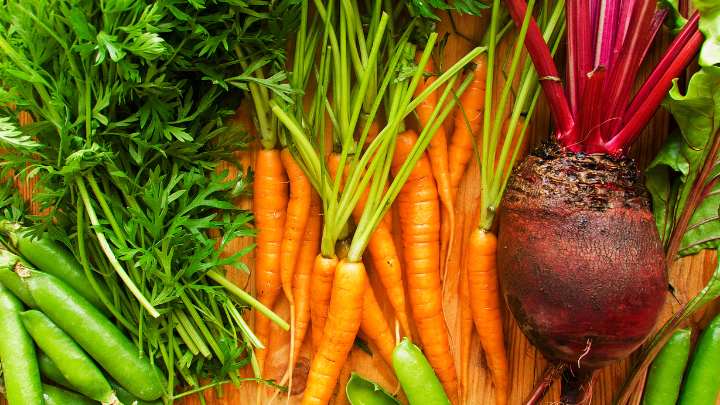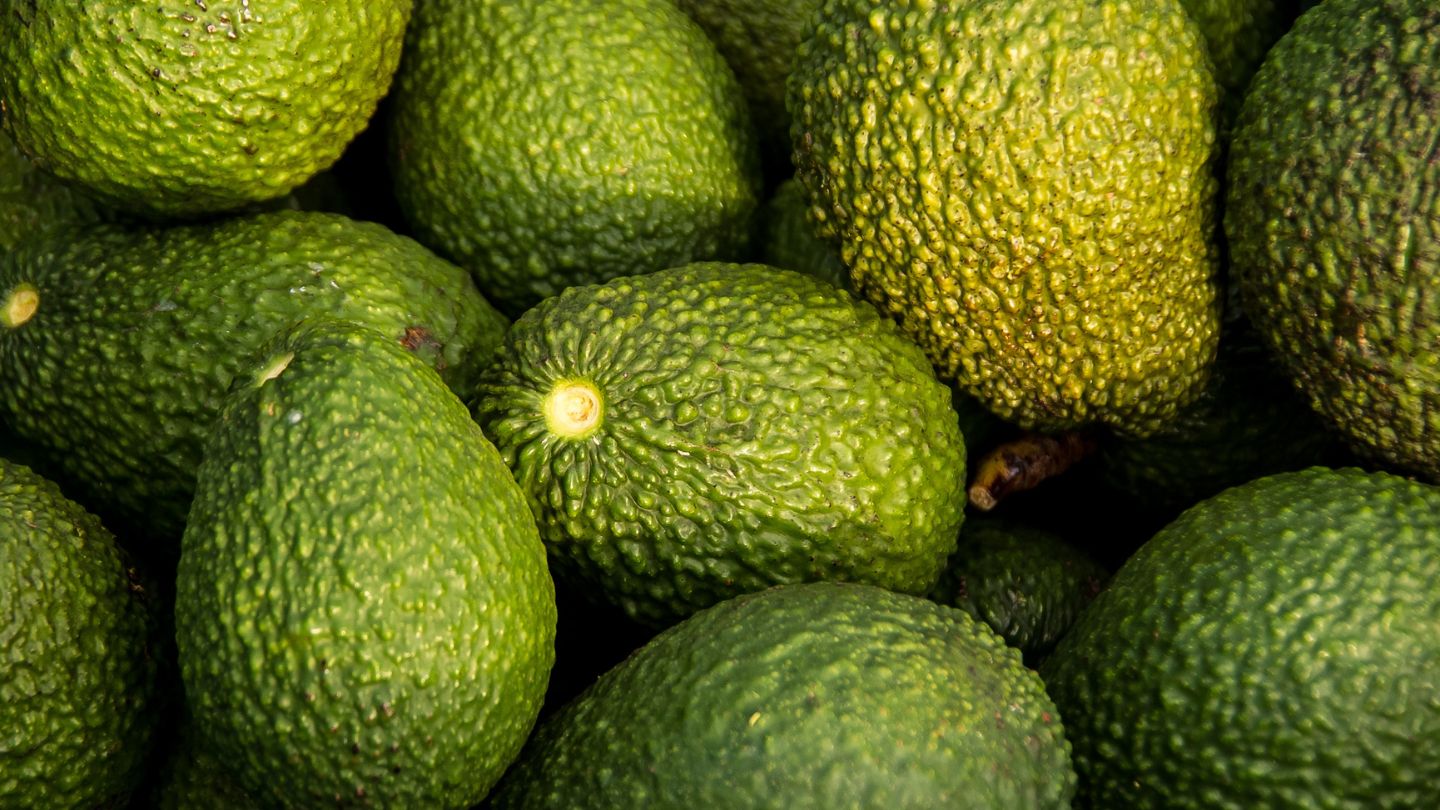It might come as a surprise to many, but our daily dietary choices can either speed up or slow down our ageing process. Yes, anti-ageing foods exist, similar to ageing ones.
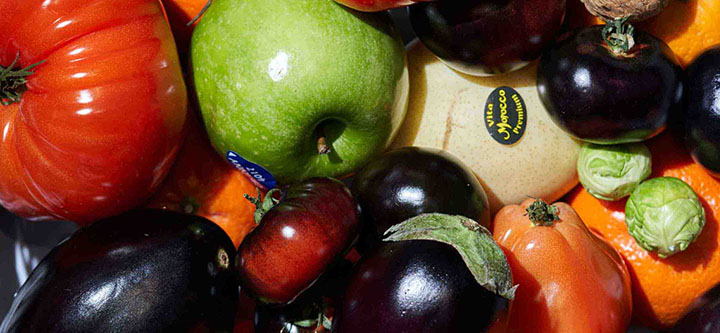
Signs like constant fatigue, disrupted sleep patterns, or weight gain are all linked to our ageing process. Ageing is not simply about aesthetics, it occurs when we no longer feel good within our body and mind. But growing old does not need to be painful.
Our overall dietary pattern— meaning the foods and drinks we consume daily —impact our mental and physical health as we age. Whilst there is no one food that will promise immorality, certain dietary choices are recommended by nutritional experts in preventing cardiovascular issues, cognitive decline, or even wrinkles.
Discover Avea’s guide to build yourself an anti-ageing diet that promotes youthful glow, unstoppable energy, and great night sleeps.
In this article
Free guide to reverse your biological age

- Master the science of rejuvenation.
- Apply proven tips to turn back the clock.
- Transform your health with top longevity specialists.

The nutrition of one generation may influence ageing in the next generation.
The ageing process is plastic, be in control of yours
Ageing occurs due to the accumulation of macromolecular damage and inability to repair or clean up the damage. What’s significantly important is how it responds to our environment and lifestyle, including our dietary habits.
There is a strong relationship between diet, health, and youthful-appearing skin
Are you lacking important nutrients?
If your diet lacks certain essential nutrients— uncontrolled oxidative stress will accelerate your ageing process. Oxidative stress is comparable to toys wearing out and breaking because they’ve been overused or misused. It happens in your body when tiny molecules, called “free radicals,” build up and create chaos by damaging your cells.
Short term signs you lack essential nutrients:
- Fatigue
- Memory loss or brain fog
- Muscle and joint pain
- Wrinkles and grey hair (premature ageing)
- Decreased eyesight
- Headaches and sensitivity to noise
- Susceptibility to infections
- Shortness of breath
- Skin conditions, like rashes or eczema
- Digestive issues
In the long run, inadequate nutrient intake can lead to anaemia, frailty, and blindness, as well as other chronic age-related diseases, including osteoporosis, cardiovascular disease and diabetes.
Golden rules for your kitchen bible
The MIND diet has been designed to reduce risk of dementia and loss of brain function as you age, whilst the DASH diet was developed to reduce blood pressure and onset of cardiovascular diseases or diabetes.
In a nutshell, these are golden rules you should live by as much as possible:
Eat it:
- A low glycaemic load diet.
- Rainbow fruits and vegetables.
- Herbs and spices.
- Healthy fats.
- Prebiotics and probiotics.
Leave it:
- Sugar.
- Processed foods.
- Fried or baked foods.
Navigating your ageing journey requires more than just understanding your genes; it’s about optimising your choices. By infusing your diet with nutrient-rich foods and avoiding harmful ones, you pave the way for healthy ageing.
Best anti-ageing foods:
The following is a list of superfoods you should always put in your grocery cart, based on the MIND and DASH diet:
- Avocado
High in Vitamins C, E, and monounsaturated fats (the good types), helping your skin retain its elasticity and smoothness. It also contains potassium, promoting heart health.
- Tomato
Contains lycopene, an antioxidant that provides protection against UV radiation by reducing oxidative stress and inflammation, thereby keeping your collagen network strong. Lycopene also supports cardiovascular health, and may even reduce the risks of stroke.
- Berries
Berries, especially blueberries, are packed with antioxidants called flavonoids. These hold multiple health benefits, as they neutralise radicals and oxidative stress. They can help in promoting skin, bone, and heart health.
- Dark chocolate
Consists of flavonoids, natural molecules that improve blood flow to the skin, promote cognitive function, and cardiovascular health.
- Green tea
Packed with catechins, natural medicinal molecules, linked with improved metabolism and reduced risk of heart disease.
- Fatty fish like salmon, mackerel, or sardines
Rich in Omega-3 fatty acids, which are associated with reduced inflammation and risk of chronic diseases.
- Almonds/nuts and seeds
Great source of essential nutrients and fibre, linked with heart and brain health.
- Green leafy vegetables
Rich in lutein and zeaxanthin, natural metabolites known to support eye health, reducing the risk of age-related macular degeneration.
- Olive oil
Crucial for its polyphenols and monounsaturated fats content that support optimal heart and brain health.
- Cruciferous veggies
Contain glucosinolates, a group of plant metabolites with nutritional effects that may reduce cancer risk.
- Yoghurt
Consists of probiotics that support digestive health and may enhance the immune system
- Papaya
Contains enzymes like papain, which can aid digestion.
- Broccoli
Provides sulforaphane– a natural chemical that has been linked to cognitive protection and cancer prevention.
- Spinach
A good source of folate, which supports brain function.
- Coffee, in moderation
Linked with reduced risk of Parkinson’s disease and Alzheimer’s.
- Mushrooms
Provide selenium, which supports thyroid function.
- Herbs/spices – turmeric, ginger, parsley, garlic, saffron
Have anti-inflammatory and antioxidant properties that may reduce risk of several chronic diseases, including diabetes, obesity, heart, and brain issues like Alzheimer’s.
- Fermented foods – kimchi, natto, tempeh, sauerkraut
Improve gut health, which is linked to mental health and immune function.
- Carrot
Great source of beta-carotene, which supports vision and eye health.
- Beans
High in fibre, supporting digestive health and may also reduce the risk of colon cancer.
- Ghee
Contains butyrate, which promotes gut health and reduces inflammation.
“When you’re thinking about how to eat for healthier or younger skin, it’s definitely a long-term process.’’
A healthier diet takes time to take effect, just as muscles take time to appear. Healthy ageing is a lifestyle.
What about anti-ageing supplements?
A healthy diet and proper nutrition include more than food intake; they also involve absorption, digestion, biosynthesis, catabolism, and excretion. This is where supplements come in handy.
Dietary supplements do not replace a healthy diet, but rather provide extra support to help complete your dietary intake.
Here are 10 reasons why you should consider supplements on top of a healthy diet:
- Our food is no longer as nutritious compared to our ancestors.
- As you age, you need more nutrients
- You might be eating more toxins than nutrients
- Nutrients get lost before they get into your mouth
- You’ll adopt a better lifestyle
- Longevity supplements provide more than dietary supplements
- You can replenish important molecules in your body
- Humans evolved alongside certain natural ingredients, our bodies need them
- Where ancient wisdom meets cutting edge technology
- To promote overall health and well-being
Keeping these factors in mind, longevity experts at Avea developed the Essentials — your daily dose of essential micronutrients to support your immune system, brain and heart health, building your foundation for optimal health.

Over 90% of the population is deficient in Vitamin D, Omega-3, and Magnesium.
Best anti-ageing food supplements
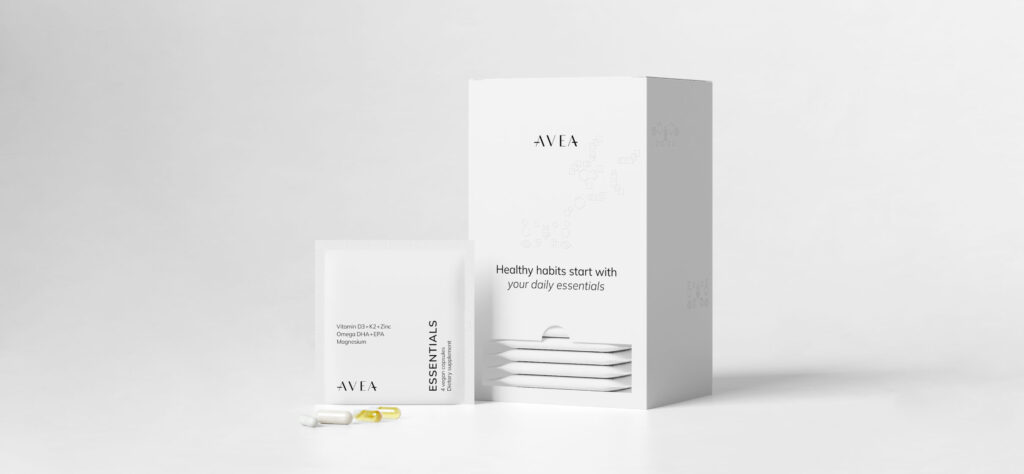
All the ingredients of the Essentials work perfectly together to support overall health. Vitamin D requires cofactors such as Vitamin K2, Zinc, Magnesium and Omega-3 for proper function. Vitamin K2 helps to direct calcium to bones and teeth, while Zinc supports immune function and Vitamin D receptor activation. Magnesium and Omega-3 are essential to convert D3 into its active form.
Key Takeaway: Why focus on nutrition?
The challenge is to increase healthy ageing and reduce chronic ill health-related financial and social burdens in later life. Nutritional interventions, including certain superfoods, work to reduce such damage, or even enhance the organism’s capacity to repair damage, leading to greater longevity and to reduced risk of age-related diseases.
Supplementing wisely can further influence how gracefully and healthily we age. Remember, it’s not just about adding years to our life, but life to our years.
